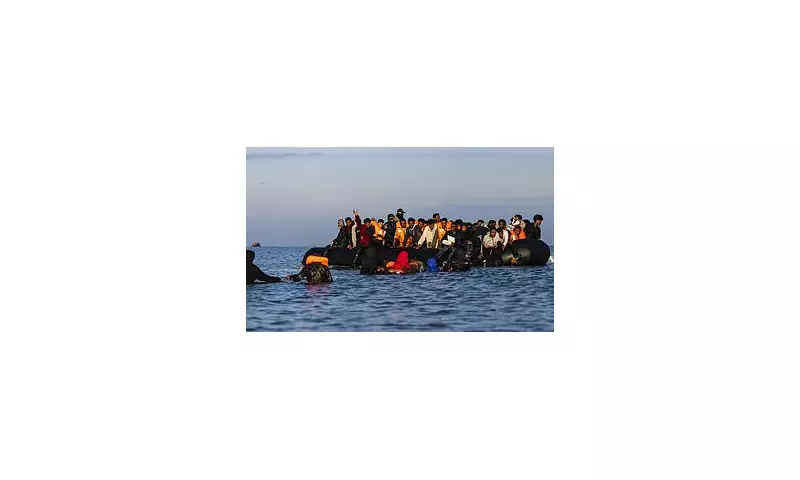
In a significant escalation of border enforcement operations, UK authorities have intercepted and returned dozens of migrants attempting to cross the English Channel in small boats back to French territory.
The dramatic returns occurred as Britain's new Labour government intensifies efforts to tackle the persistent small boats crisis that has plagued successive administrations. Border Force vessels were deployed to intercept multiple migrant crafts navigating the treacherous waters between France and England.
Strategic Shift in Border Policy
This operation marks a substantial shift in Britain's approach to managing irregular migration across the Channel. Rather than processing all intercepted migrants in UK facilities, authorities have taken the decisive step of returning boats directly to French waters under specific operational protocols.
The returns highlight growing cooperation between British and French border agencies, though the practice remains controversial among human rights organisations monitoring Channel crossings.
Labour's Tough Stance on Migration
Since taking office, the Labour administration has signalled a firm stance on border control, with this operation representing one of the most visible demonstrations of their new strategy. Government sources indicate these returns are part of a broader package of measures designed to disrupt people smuggling networks and deter dangerous crossings.
Home Office officials have emphasised that while Britain remains committed to its international obligations, the government will not tolerate exploitation of vulnerable people by criminal trafficking gangs operating along the French coast.
French Response and Ongoing Challenges
French authorities have acknowledged the returns while maintaining their own border enforcement operations along the northern coastline. The coordination between the two nations has been described as "operationally complex" but necessary given the scale of attempted crossings.
Despite these measures, migrant advocates continue to express concerns about the safety implications of returning vessels mid-Channel and the humanitarian situation facing those attempting the journey.
The development comes as both countries face increasing pressure to find sustainable solutions to the small boats phenomenon that has seen thousands risk their lives crossing one of the world's busiest shipping lanes in fragile, overcrowded vessels.





